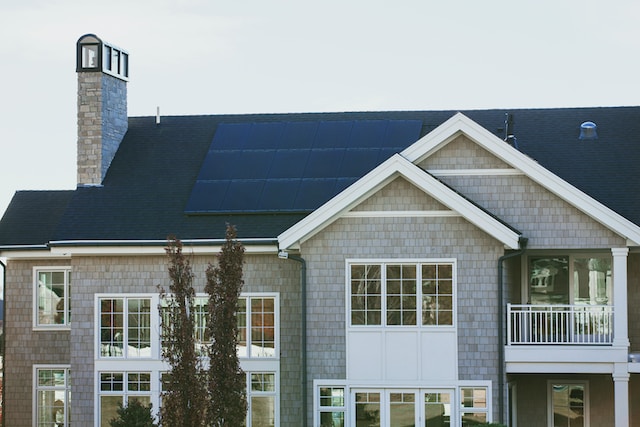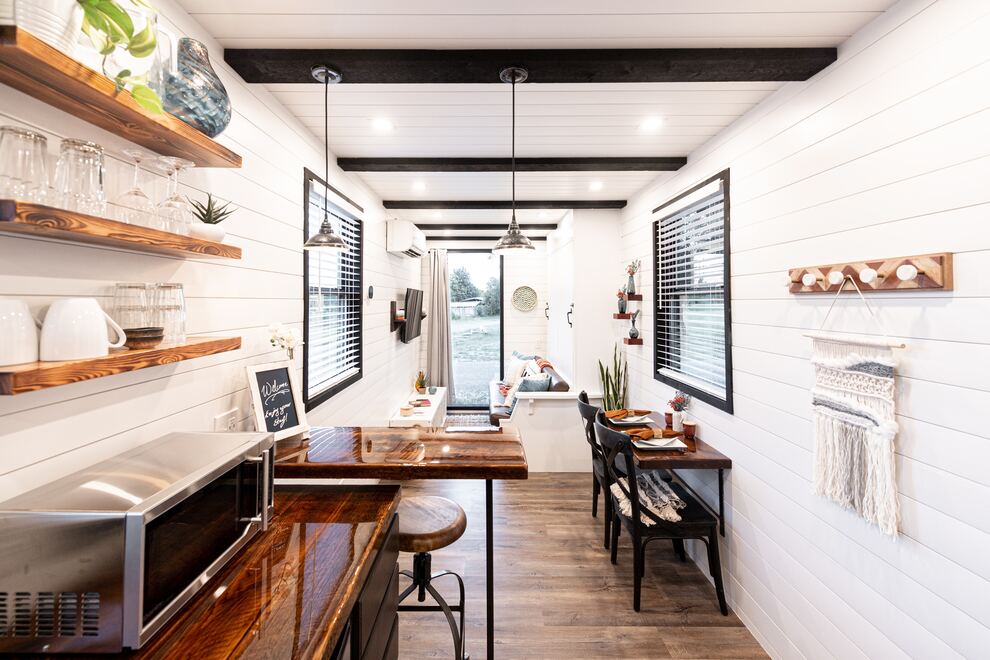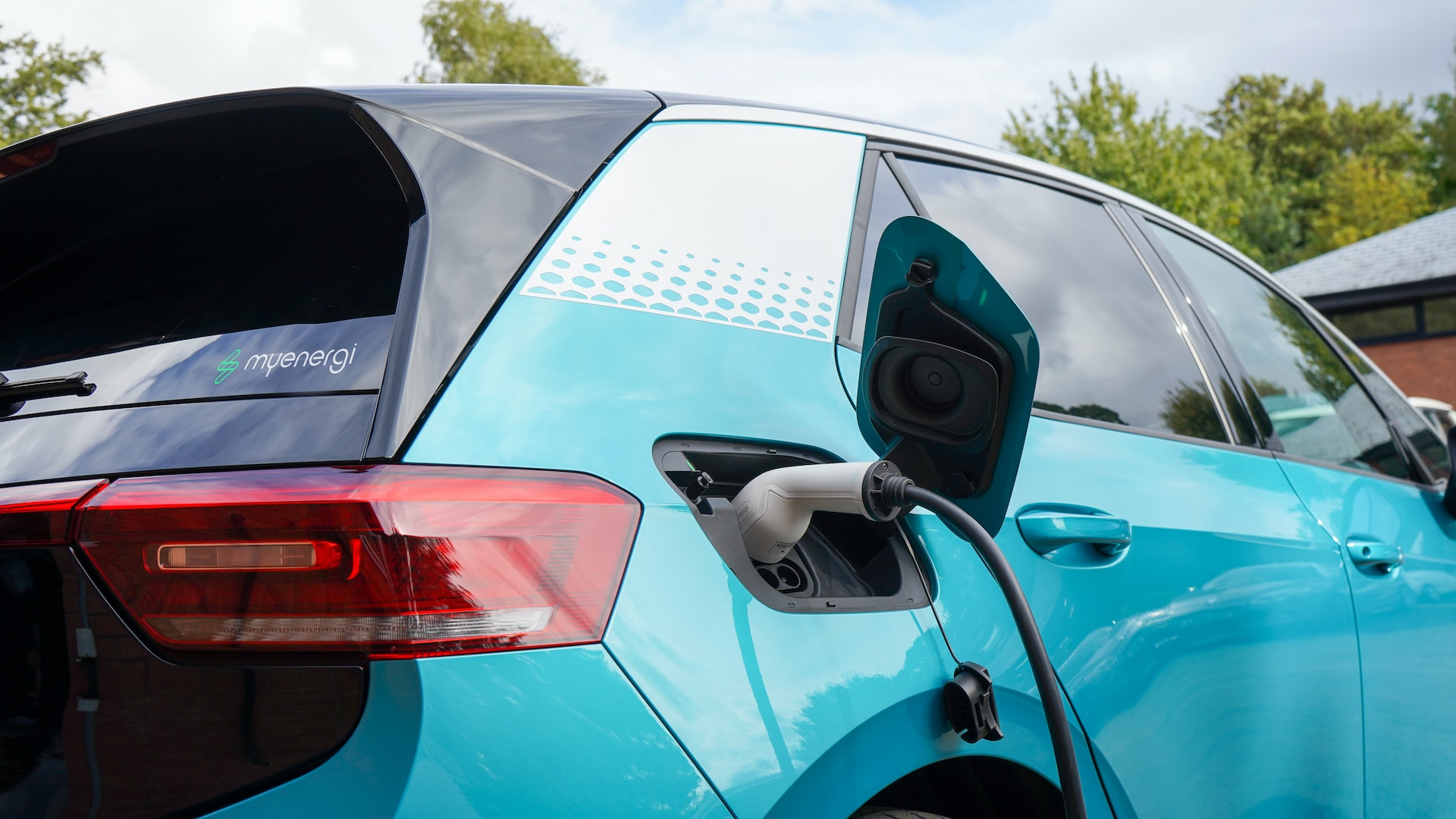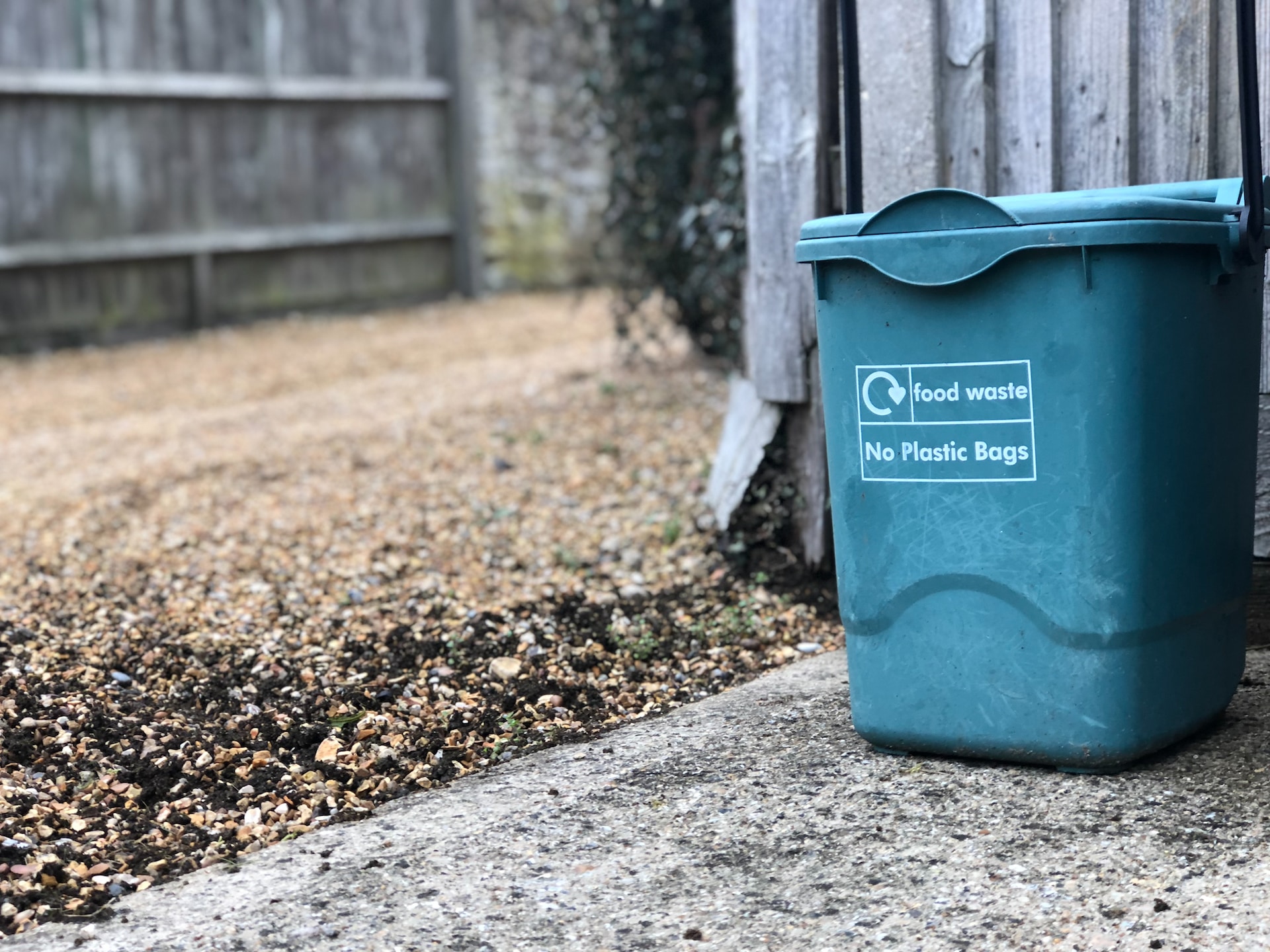In an era where sustainability and cost efficiency reign supreme, harnessing the power of solar energy at home has become more than just a trend; it’s a smart choice for homeowners looking to reduce their carbon footprint and save on energy bills. In this comprehensive article, experts will share their insights and expertise on the myriad ways solar energy can illuminate your path to a greener and more economical future. Join us on a journey to explore the world of solar energy, covering everything from solar appliances and panels to maximizing efficiency and reaping financial benefits.
How does solar energy impact property values?
Solar energy installations can have a notable impact on property values. Installing solar panels can significantly increase a property’s value due to the growing demand for sustainable energy solutions and the cost savings associated with reduced energy bills. According to studies by the Lawrence Berkeley National Laboratory, home buyers are willing to pay more for homes with solar installations, with an average increase in property value being around $15,000. Moreover, properties with solar tend to sell faster than non-solar counterparts, further accentuating value.
-Mila | Energy5
What are the financial benefits of using solar energy systems for homeowners?
- Installing solar panels increases your property value by about 4%
- Given that the average solar system lifespan is 25 years, and the average payback period is 7 years, investing in a solar system will get you around 2.5x your initial investment. So for every dollar you spend, you’re getting 2.5 dollars.
- Solar is an inflation-proof investment. It protects you from the declining purchasing power of the dollar and future-proofs you against the rising electricity rates.
- It’s better than the stock market. On average, investing in solar panels will make you 14-16% of your investment per year in terms of savings.
-Kami Turky | CEO of SEH
How does a Solar Electric System work?
A solar electric system consists of several key components that work together to harness solar energy and convert it into usable electricity. Here are the three main components of a typical solar system: solar panel, inverter, and solar battery. A solar electric system works by capturing sunlight with solar panels, converting it from direct current (DC) electricity to alternating current (AC) electricity using an inverter, and either using the electricity directly in your home or feeding it into the grid. Besides, excess solar energy can be stored in batteries or sent to the grid for local use. Thanks to solar batteries, you can keep excess production to power their homes at night.
-Ray | Solair World
What factors make a house work for solar, and what should be considered when looking into it?
When considering solar for your home, there are two major things to consider. The first is the direction your house faces and the amount of sun you get. This will determine how efficient the panels will be on your roof. We always look for southern exposed roofs to use first because they will receive the most amount of sunlight throughout the day. East and west roofs will work, but they won’t produce as much power as the south roofs.
The second is the amount of power that you use. This will determine how many panels you will need to cover your annual electric needs and will directly relate to the cost of the system. Solar installers have the tools to determine the best roofs to use and the number of panels that you need, so do yourself a favor and let the professionals give you this information rather than trying to figure it out yourself.
-Ryan Calalesina | Solar Liberty
What is a solar generator, and what are its benefits?
Here is our answer: A solar generator, for instance, Zendure’s Superbase V 6400, is a powerful, portable power station that integrates advanced technology with the convenience of solar energy. Its built-in solar panel compatibility can effectively harness the sun’s energy and store it in its rechargeable battery for later use. This feature makes it an ideal companion for those seeking a clean and reliable power source for the home and on the go.
The benefits include clean and renewable energy, reducing reliance on fossil fuels, and minimizing carbon emissions. Its compact design and portable nature make it easily transportable, perfect for outdoor adventures or emergencies. With the combination of the Zendure Superbase V and solar energy, individuals can enjoy a convenient and eco-friendly solution for their power needs wherever they are.
-Jolene Shang | Zendure
What is Passive Solar Design, and what are the benefits for homeowners?
Passive Solar Design has been incorporating the sun’s energy into houses for centuries. The sun brightens a home with light year-round and warms it in winter without summer overheating while lowering energy use and costs. Passive Solar Design strategies include designing around the seasonal movement of the sun:
- Orienting the longest walls to face north/south
- Placing the majority of windows on the south
- Adding some windows on the east, west and north for daylighting and cross-breezes
- Shading south-facing windows with overhangs or small awnings
- Shading east/west-facing windows with porches or trees
- Building on a concrete slab and/or adding brick and stone to interior walls to absorb, store and release heat as needed for comfort
These strategies are in addition to above-code insulation and air/moisture/ventilation control in programs such as Energy Star, Zero Energy Ready, LEED, Passive House, Pretty Good House, and Green Star that assure a comfortable, healthy home.
-Debbie Coleman, Architect, AIA | Sun Plans
Why would you recommend using solar panels for homeowners?
When we talk about reasons to go solar, there are two main ones for me. First and foremost, there are profits. Panels are cheaper than ever — in fact, IEA calls solar the cheapest energy source in history. There is a Federal Solar Tax Credit still in effect that lets you deduct 30% of your installation cost from your taxes. And then the energy costs more and more: electric rates go up across the US, which increases the payback of a solar system. Overall, the panels are a long-term investment that can pay for itself 2-3 times over their 25-year lifetime, depending on your state.
Second, there is sustainability. If you add batteries to your solar system, your house retains power during power outages. A solar system with batteries is a good alternative to generators for houses in remote locations: panels are silent, they don’t smell, and they don’t need fuel.
-Andrey Gorichenski | A1 Solar Store
What advice would you give to homeowners before installing a solar energy system in their house?
Before installing a solar system, please check and ensure that your home and local regulations are both solar friendly. At your home, the condition and quality of existing wiring etc needs to be good. Essentials like a clear area for earthing need to be available. Your terrace, or area where you plan to install the panels should be strong enough to withstand not just the weight but also installation process of the solar structure.
When it comes to local regulations, not all utilities are solar friendly, so do check to ensure that your utility is committed to supporting rooftop solar. The nature of the regulations, be it net metering or gross metering, will also impact your return on investment significantly on the solar system. Check the credentials and previous projects of your system installer, especially in your own locality preferably.
-Prasanna Singh | SaurEnergy International
Could you give tips on how to choose the best solar appliances?
Determine Your Energy Usage: Before buying any equipment, assess how much energy your home consumes. This will help you figure out the system size required, whether it covers all your needs, or how much it can handle. The simplest way is to check your yearly electricity bills; a typical two-person household uses about 2600 kWh.
Solar Panel Efficiency: More efficient panels generate more power in less space. While they can be pricier initially, they’re ideal for homes with limited roof or balcony space. Efficiency can range from 21% to 24%.
Type of Solar Panels: Two common types are monocrystalline and polycrystalline. Monocrystalline panels are more efficient but cost more than polycrystalline.
Inverter Quality: Inverters convert solar DC to home AC power. Pick trusted brands, check efficiency, and warranty.
Warranty: A solid sign of trust is a 25-year performance warranty on quality solar panels, often with an additional 10-year product warranty.
Cost vs. Value: Don’t just chase low prices; think about long-term value. Cheaper systems may cost more over time due to lower efficiency and maintenance needs. Quality matters in solar panels and inverters.
Remember that solar products are no longer limited to just rooftops; they can be used on balconies, in gardens, on fences, and as wall-mounted systems. To get the most out of your solar setup, explore all potential installation areas. Many systems are DIY and can be easily plugged into a standard power socket.
-Karolina | WeDoSolar
What are the pros and cons of off-grid solar systems?
Pros:
- Electricity Independence: Off-grid solar systems allow you to become fully energy independent. You won’t rely on the utility grid for electricity, which means you won’t be affected by grid outages.
- No Electricity Bills: Since you are generating your electricity, you’ll be free from monthly electricity bills.
- Environmentally Friendly: Solar energy is renewable and reduces carbon footprints, thereby aiding in the fight against climate change.
- Potential Cost Savings: In remote locations, setting up traditional electric lines can be cost-prohibitive. An off-grid solar system might be cheaper in such cases.
- Scalability: As energy needs increase, additional panels and batteries can be added to the system.
- Economic Incentives: There are federal tax credits and state-specific incentives in the USA that can help reduce the upfront costs of solar installations.
Cons:
- High Upfront Costs: Setting up a comprehensive off-grid solar system, including solar panels, inverter, and a battery storage system, can be expensive.
- Energy Storage Limitations: The system entirely depends on battery storage for periods when the sun isn’t shining. This means a significant amount of battery capacity is needed, especially during cloudy days or during winter months, which adds to costs.
- Maintenance: Batteries typically need replacement every 5-15 years, depending on the type and quality of the battery.
- Space Requirement: An off-grid system, especially with substantial battery storage, requires a good amount of space.
- Complexity: The system requires expertise to design correctly, ensuring it meets the household’s energy needs throughout the year.
- No Backup: Unlike grid-tied systems, if the off-grid system runs into any issue or if there’s less solar generation for extended periods, there’s no utility grid to fall back on.
To summarize, while off-grid solar systems offer numerous advantages, especially for those in remote locations or those seeking independence from the utility grid, they also come with challenges. It’s essential to carefully consider the pros and cons and possibly consult with a solar energy expert before making a decision.
-Willie Jiang, CEO | SolarFeeds
Can you suggest simple strategies for homeowners to integrate smart thermostats and appliances into their solar-powered homes for energy efficiency?
Homeowners who are looking to maximize their energy efficiency in their solar-powered homes can utilize several simple strategies when integrating smart thermostats and appliances. Homeowners can set up automated schedules for their devices for when their home heats, cools, and when appliances are used. Smart thermostats, in particular, can be programmed to adapt to changing weather conditions and occupancy patterns, reducing unnecessary energy consumption. Homeowners can also take advantage of real-time monitoring directly from their smartphones. Use apps to make on-the-go adjustments that help reduce energy consumption. And when it comes to picking what appliances to put in their home, we recommend choosing ENERGY STAR-rated models, as this can further decrease energy consumption, reduce energy bills, and have a bigger environmental impact. By utilizing these strategies, homeowners can increase the full potential of their solar energy system while enjoying enhanced comfort and sustainability.
-Nicole Eckel | Appliance Repair Edmonton
What is the key to maintaining solar panels?
The key to maintaining solar panels and ensuring they continue to harness the sun’s energy lies in the three C’s: cleanliness, checkups, and conservation. Regularly cleaning your solar panels and removing dust, dirt, and debris can significantly boost their performance. Like any other machinery, solar panels also require periodic checkups. By periodically checking the wiring, connections, and any sign of wear or damage, you can improve the working and longevity of the equipment. Lastly, conserve energy to maximize the benefits. Simple habits like turning off lights when not in use or optimizing the use of appliances during peak sunlight hours can go a long way in significantly boosting the efficiency and impact of the panels.
The key to maintaining solar panels is a triad of cleanliness, checkups, and conservation. By being vigilant and taking necessary precautions, you can ensure your solar panel’s quality, efficiency, and durability.
-Mr. Raman Bhatia | Founder & Managing Director of Servotech Power Systems Ltd.

Understanding Home Insurance Coverage for Solar Panels
As the popularity of renewable energy sources grows, many homeowners are investing in solar panels to reduce their carbon footprint and lower energy costs. However, an essential consideration often overlooked is how these valuable additions are covered by home insurance.
Does Home Insurance Cover Solar Panels?
The coverage of solar panels under home insurance policies can vary depending on the insurance provider and the specific policy in place. In most cases, standard homeowners’ insurance does provide coverage for solar panels as part of the overall property coverage. However, the extent of coverage may differ.
Coverage Considerations:
- Dwelling Coverage:
- Most homeowners’ insurance policies include coverage for the dwelling, which typically extends to structures attached to the main house. Solar panels mounted on the roof are usually considered part of the dwelling and are therefore covered in case of covered perils, such as fire, windstorm, or vandalism.
- Other Structures Coverage:
- Some policies may provide coverage under the “other structures” section, which includes detached structures like garages or sheds. If your solar panels are ground-mounted or on a separate structure, check if your policy covers these components.
- Additional Living Expenses:
- If your home becomes uninhabitable due to a covered event, the additional living expenses coverage in your policy may help cover the cost of temporary relocation. This can be crucial if the solar panels are damaged, and you must live elsewhere while repairs are made.
- Coverage Limits and Deductibles:
- It’s essential to review the coverage limits and deductibles in your policy. Some insurance policies might have sub-limits for specific items, and your deductible will also apply in the event of a claim related to solar panels.
- Perils Covered:
- Ensure that your policy covers the perils that could damage your solar panels. Common perils include fire, hail, wind, and vandalism.
As we conclude our journey through the world of solar energy, it’s evident that the sun’s rays offer not just illumination but a radiant opportunity for homeowners. Solar energy has proven its worth on both environmental and financial fronts, from reducing your carbon footprint to significant savings on electricity bills. Understanding your solar energy system, choosing the right solar appliances, optimizing panel placement, and exploring storage solutions have all been key takeaways in our exploration.
Moreover, we’ve emphasized the importance of vigilant maintenance, financial benefits, incentives, and the broader ecological impact of residential solar energy systems. The choice to go solar is not just personal; it’s a commitment to a brighter, cleaner, and more sustainable future. So, embark on your solar journey with confidence, knowing that Solar Energy at home is a wise investment and a powerful step towards a greener world.




